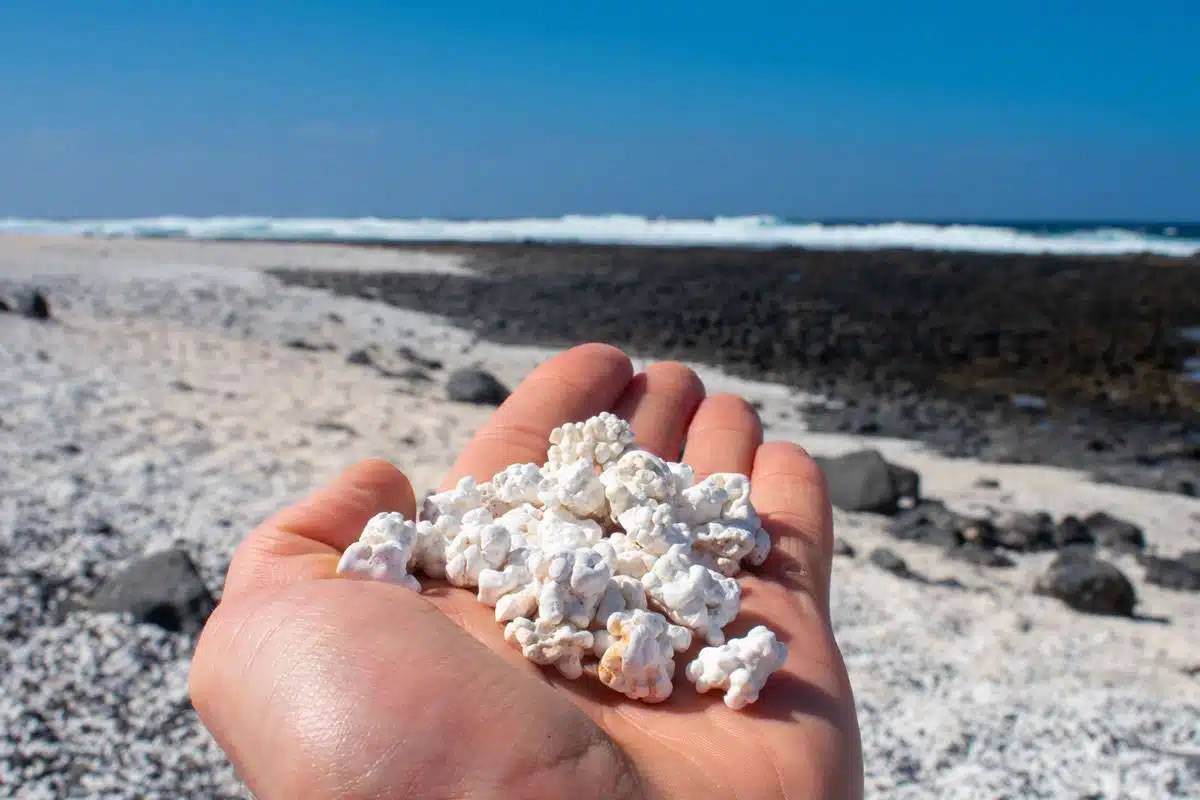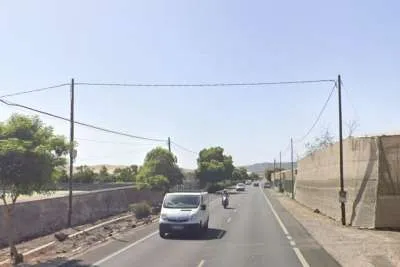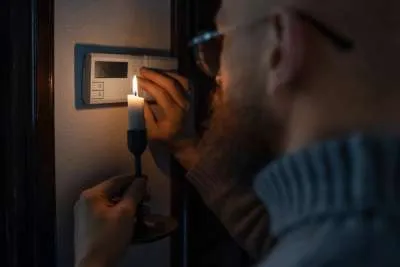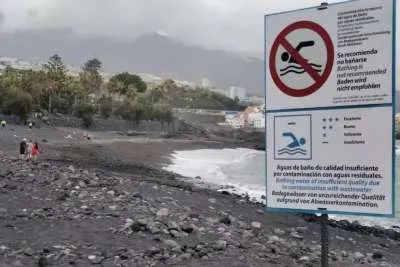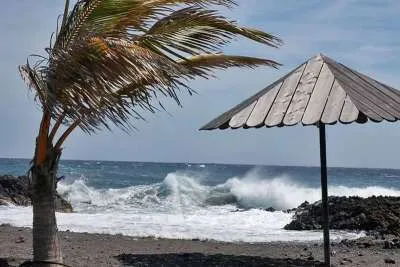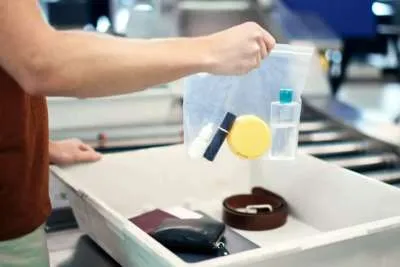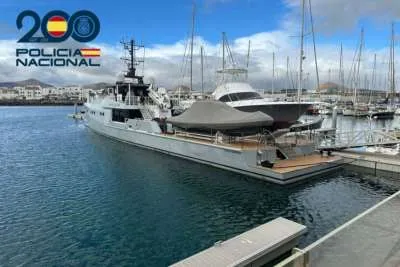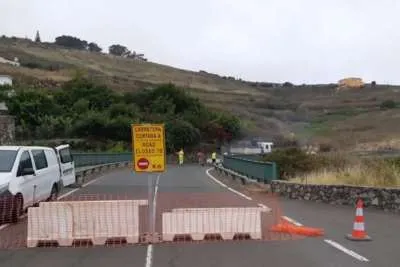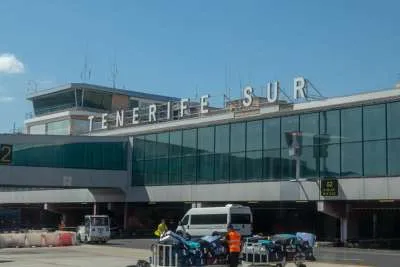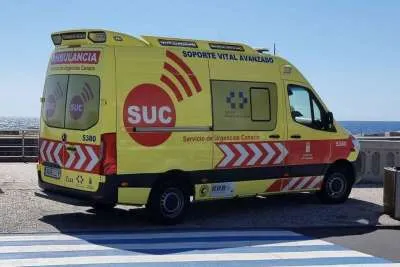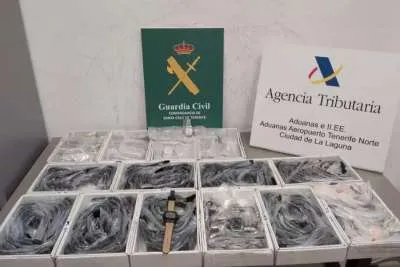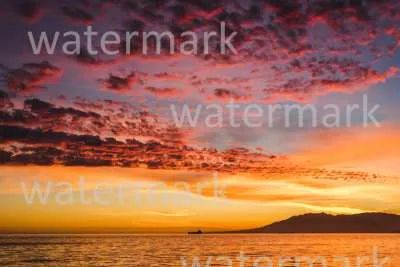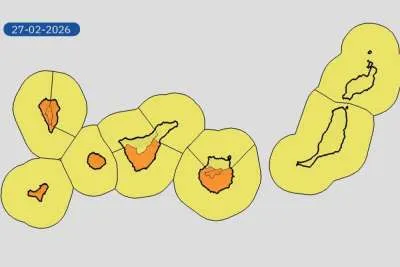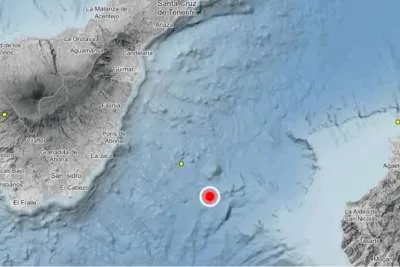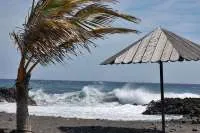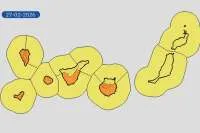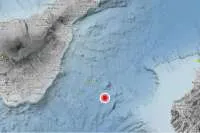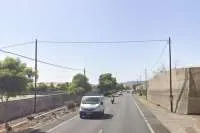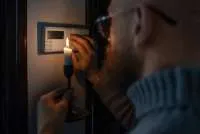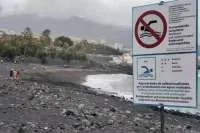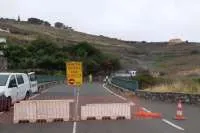Popcorn Beach a truly unique and enigmatic wonder that is under threat
- 21-07-2023
- Fuerteventura
- Canarian Weekly
- Photo Credit: Twitter
Among the sun-kissed shores of Fuerteventura, lies a truly unique and enigmatic wonder – Popcorn Beach, undoubtedly the most photographed beach in the Canary Islands. This unique shoreline, tucked away on the island's northwest coast, boasts a spectacle unlike any other, but it’s under threat from looters.
The star of the show is undoubtedly the intriguing sand that graces this beautiful beach. Unlike the typical golden grains found on most shores, Popcorn Beach showcases an almost magical sight, millions of tiny, spherical, white pebbles that resemble, you guessed it, popcorn!
So, what is the secret behind this popcorn-like phenomenon? The geological explanation is as captivating as the sight itself. The tiny, smooth, and spherical grains of sand are the result of years of erosion and weathering on the nearby volcanic rocks. As waves crash against the shore, they gradually wear down these volcanic formations into minuscule pebbles, eventually shaping them into the unique popcorn appearance we adore.
But, they are under threat. Rodoliths, also known as "popcorn" or "cotufas", are coralline algae found on the northern beaches of Fuerteventura, with a concentration of more than six million specimens. An international team of researchers carried out the first analysis of their composition last year, warning about the need to stop their looting, because they are essential for biodiversity.
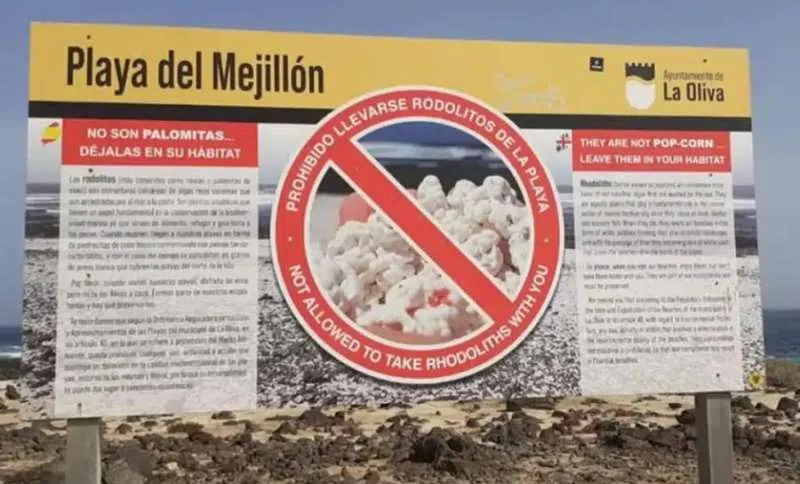
The study, carried out by scientists from the Hydrographic Institute of Portugal, the Natural History Museums of Stuttgart and Tenerife, the University of La Laguna, the University of the Azores, Williams College in Boston and the Geological and Mining Institute of Spain (IGME-CSIC), was published in the journal "Frontiers in Marine Science".
Esther Martín-González, Curator of Paleontology and Geology at the Museum of Nature and Archeology of Tenerife, highlighted that this work contributes to increasing knowledge about rhodoliths in the Canary Islands, and provides a baseline for future research as they are key habitats in island environments.
Rhodoliths and rhodolith beds are independent nodules of coralline red algae (Rhodophyta) and play a crucial role as ecosystem engineers by creating structurally complex habitats that support a great diversity of fauna and flora. Organisms living in these beds are better protected from predators, and commercially important species such as fish, crustaceans, and mollusks benefit from the existence of these habitats.
It is, therefore, our responsibility to preserve the beauty of destinations like Popcorn Beach. While visiting, we must follow sustainable practices such as avoiding littering, respecting wildlife, and not removing any sand or pebbles as souvenirs. By treading lightly, we can help preserve this natural wonder for generations to come.
Popcorn Beach is a true testament to the wonders of nature, offering an experience that lingers in the memories of all who visit. With its fascinating geology, captivating visual allure, and commitment to ecological conservation, it is a shining example of how travel and nature can coexist harmoniously.
Other articles that may interest you...
Trending
Most Read Articles
Featured Videos
TributoFest: Michael Buble promo 14.02.2026
- 30-01-2026
TEAs 2025 Highlights
- 17-11-2025


